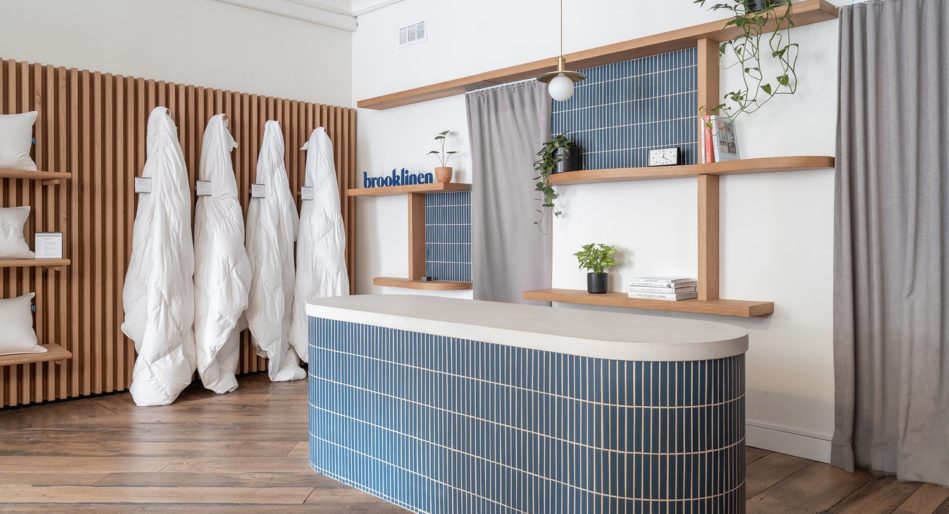The Boutique Hotel Renaissance: What Is a Boutique Hotel?
For most of their 4,000-plus year history, not much has changed in the hotel world. From their birth in ancient Egypt to today, hotels have been a place for weary travelers to rest. Whether it provided simple lodging or luxury digs, guests could generally expect a brand-consistent experience.
But after a few decades being the option for travelers in the know, boutique hotels’ embrace of authenticity, creativity, and personal touch took them into the mainstream. But why was this the case? What suddenly changed the market? Heck, what defines a boutique? We’re going to answer all this and more in the next few months—starting with the last question.
Note: Learn even more about boutiques in our articles on the history of boutique hotels and the different types of boutiques.
Defining a Boutique Hotel
The idea of providing travelers a unique experience is nothing new. From cookies to mints, hotel leaders have long worked to do something to set themselves apart. But boutique spaces took this further. Rather than focusing on a consistent experience, they create something special.
Maybe it’s something local—tying the experience to a neighborhood—or embracing a ‘weird’ theme. These hotels could focus on a lifestyle. It could simply be taking advantage of the history and architecture of the space. Or it could be a total deviation from the things people would expect from a hotel.
The Many Ways to Define a Boutique Hotel
So, what is it? The answer depends on who’s asking.
Oxford dictionaries defines a boutique hotel as “a small stylish hotel, typically one situated in a fashionable urban location.”
According to the Boutique & Lifestyle Leaders Association, a boutique is “A business that offers a curated service, product or experience that is one-of-a-kind. Typically it has a defined and differentiating point of view and provides a memorable impression due to its distinct approach.”
Steve Rubell, founder of the original boutique, Morgans in New York, compared his hotel in the same way one would compare a boutique to a department store.
Some say that a boutique needs to have fewer than 50 rooms, with less than 100 defined as a lifestyle hotel. Others feel that the hotels need to be independent.
Making a Boutique Hotel: Three Things Boutiques Provide
But when you boil it down boutiques are all about authenticity, experience, and personalization. Whether it’s in the form of traditional spaces or branded versions of these spaces, those three words matter most.
Authenticity
One of the biggest selling points of any boutique hotel is authenticity. For decades, hotels felt “corporate” or “sterile.” You could go to the same hotel and get the same experience from the check-in desk to the wall art and headboards. Boutique hotels wanted to feel like you were staying in somewhere you couldn’t experience anywhere else.
Experience
Instead of being a representation of the brand, these are a representation of the community. In Chicago, a Pilsen hotel is going to have a much different flair than a Wrigleyville one. This experience and hyperlocal mentality makes the travel experience more than simply being in the city.
If not hyperlocal, hotels could be lifestyle focused. Maybe you want to create a space that takes people back to their alma mater. Maybe you want to specialize in people on a craft beer weekend. Themed spaces can be part of or the entire experience.
Personalization
Perhaps the biggest selling point is the ability to make a guest feel like the stay is all about them. Guests might have a variety of options to make their stay theirs—ranging from the shape of the room to the toiletries they work with. Small size allows for this.
How Boutique Hotels Created Their Own Industry
Today, according to BLLA, boutiques have gone from a subset of the industry to an industry of its own. Now, boutiques have their own subsets including convention boutiques, adventure boutiques, and so much more.
“Travelers now have a full range of options at their fingertips outside the world of standard cookie cutter hotels. Consider the differences between the boutique hostel, perfect for budget travelers and backpackers, and the luxury boutique, complete with Michelin starred restaurants and upscale design.
No matter what the destination, price point, design preferences, and amenities requested, boutique hotels have the ability to match a travelers every whim or provide an entirely new hotel experience.”
In fact, BLLA now sees boutiques as their own industry with a variety of subsets ranging from classic to convention boutiques, something we discuss in our blog, The Many Faces of Boutique Hotels.
Morgan Li: Supporting the Hospitality Space
Whether it’s a boutique space or a brand-friendly experience, we’re trusted by operators and architects to ensure that their space comes out just the way they planned. As a custom manufacturer of casegoods and furniture for the hospitality space, we’re ready to take on whatever project you need done, turning out work on time, on budget, and just like the rendering. Get to know more about who we are, the many hospitality brands we’ve worked with, and contact us for a free consultation.


